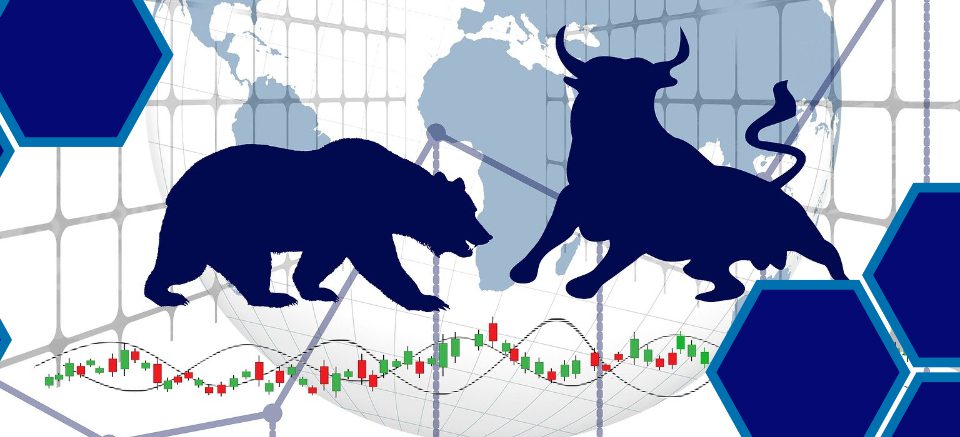- Contact us
- +599-9 461 4545
- info@dcsx.cw
Listings Part 2 – Local Requirements and International Directives

Listings Part 1 – Tradeable or Technical; What Does That Even Mean?
May 4, 2019
Playing by the Rules
August 1, 2019Listings Part 2 – Local Requirements and International Directives

Publication 8. 2019
This is the second part continuation of a two-part series in which we would like to provide a deeper understanding of the workings of the technical listings process. This publication will explore the important requirements that listings in general (tradeable and technical), must adhere to, for the initial application process but also for the ongoing assessment in order to maintain their listing status. In the end, we hope to clear up any misconception that might be looming in your mind about the safety of the listings.
Regulatory Environment
The regulatory environment within which DCSX operates is entrenched in a multifaceted oversight regime with supervision from local active representatives of reputable financial intermediaries that form the DCSX Foundation, the Central Bank of Curaçao, and Sint Maarten which is the ultimate regulator, The DCSX Supervisory Board that oversees the day-to-day operations and most importantly, the local ordinance that stipulates the governance and guidance for the Exchange’s Rules. Important too are the directives from International bodies such as the Organisation for Economic Co-operation and Development (OECD), Financial Action Task Force (FATF) for Europe and the Caribbean, among others. These organizations stipulate rules and international best practices that DCSX and its approved listings – including technical listings – must adhere to, because of the Exchange’s operational presence on Curaçao and the fact that Curaçao is a member of these organizations’ agreements/arrangements. Through the operational application of these directives and the two-tiered corporate governance structure of the Exchange, DCSX can guarantee compliance equivalence with similar small-scaled international Exchanges that operate in this technical listing market.
Compliance
For any Exchange and thus also for the DCSX, one of the main aims when creating a listing process is to provide a reasonable balance between information/document requests – that serve to provide potential investors with all the information that they would need to make prudent investment decisions regarding the listed security – and an efficient listing process that will not dissuade potential issuers because of the onerous listing requirements. Therefore, DCSX needs to ensure that its listing requirements meet international best practices in order to provide an adequate level of safeguard for investors while ensuring that the Exchange still remains an attractive and efficient option for potential issuers, who for the most part are small to medium size companies that may not have the resources to afford a burdensome process.
Requirements
Before local or international companies can seek to list on the DCSX, they are subject to strict assessment by a special so-called “Listing Committee”. Documentation that must be provided includes the Investment or Information Memorandum, in some other countries, this document is also referred to as the Prospectus. Such a document is one of the main requirements of any listing process as it provides details explaining all relevant information about the potential listing. It includes information about the management team and the principals who are responsible for the operation of the company and its listing, if money is being raised what it will be used for, the corporate governance of the company, the financial position, and stability of the company, etc. Additional documents to be submitted include audited financials for at least two years. The audited financials must have a qualified opinion from a qualified auditor. In other words, the auditor must have reviewed the financial records of the company and confirm that the company’s financials are accurate. Importantly, the DCSX demands three signed declarations, two of which must be submitted by the directors of the company seeking listing status, and the other to be submitted by the listing advisor who is assisting the issuing company. These declarations provide confirmations that the Directors and by extension the company is and will continue to adhere to the rules of the Exchange and that all documents and information provided are accurate and complete.
The listing process can be quite technical and rightly so because it must ensure to the best of possibilities that the company seeking to be listed is in good order and that the director and responsible officers of the company are reputable and law-abiding people. All of this is to ensure a high level of integrity for the Exchange, the local financial industry, and the overall business environment of Curaçao. In essence, to ensure that investors like yourselves feel safe to know that your interest is protected as much as realistically possible.
In addition to the above requirements and documents, there are ongoing requirements that are demanded of all listed securities in order to maintain this listing status. One of these requirements is to comply with the Rules and Regulations of the Exchange. The Rules and Regulations include providing disclosure information, on a periodic basis, about the performance of the company and its financials as well as information on transactions, the shareholders, and changes in management or the board of directors, among others. DCSX’s ultimate objective, therefore, is to facilitate different types of listings consistent with the laws of the land and to make them available to investors within a governed marketplace.
This editorial is presented to you by the DCSX with the collaboration of Vertex Investments.
Author of this publication: Stephanie Shaw CFA, MBA.




